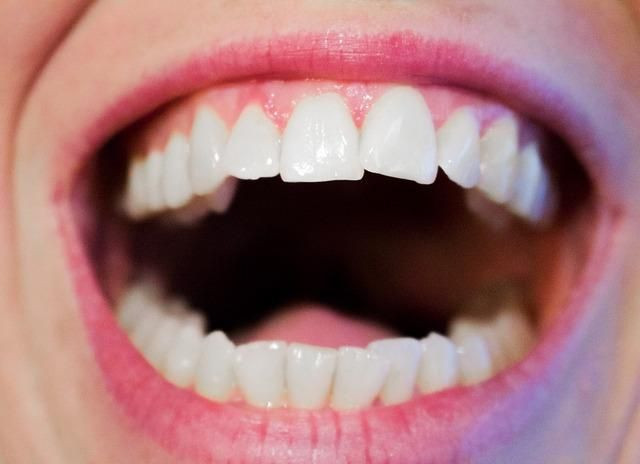Is It Possible To Regrow Teeth? These Scientists Found A Way To Do That
KEY POINTS
- Researchers found a way to help regrow lost teeth
- They successfully tested the method in mice and ferret
- This may lead to a possible tooth regeneration therapy, the researchers said
Can adults regrow their lost teeth? A team of researchers from Japan says it may be possible.
Young children can regrow their lost "baby teeth," but adults can't. And in people with congenital conditions like tooth agenesis, a number of teeth fail to develop, the National Organization for Rare Disorders explained.
In a recent study, published in Science Advances, a team of researchers described an experiment they conducted that allowed mice with tooth agenesis to grow their teeth.
For their work, they focused on the gene USAG-1, which interacts with bone morphogenetic protein (BMP) and Wnt, both of which are involved in tooth development.
"Since USAG-1 inhibits Wnt and BMP signals, the essential factors for tooth development, via direct binding to BMP and Wnt coreceptor LRP5/6, we hypothesized that USAG-1 plays key regulatory roles in suppressing tooth development," the researchers wrote.
However, BMP and Wnt don't just affect tooth growth. They also modulate the growth of other organs, so stimulating their activity could actually result in various side effects that may affect the entire body, Kyoto University explained in a news release.
Successfully growing teeth
For their experiment, the researchers tested various monoclocal antibodies that disrupted USAG-1's interaction with BMP and Wnt. Several of them interacted with both BMP and Wnt, resulting in birth defects, IFL Science reported. Eventually, the team found one antibody that only interacted with BMP.
"We knew that suppressing USAG-1 benefits tooth growth. What we did not know was whether it would be enough," one of the study leads, Katsu Takahashi of Kyoto University Graduate School of Medicine, said in the news release.
When they injected pregnant mice, which were genetically modified to suffer from tooth agenesis, with the USAG-1 antibody, their offspring ended up having normal teeth. And just a single administration of the antibody was enough to form a whole new tooth.
An experiment on ferrets also yielded the same results.
"Our results demonstrate that USAG-1 controls the number of teeth by inhibiting development of potential tooth germs in wild-type or mutant mice missing teeth," the researchers said. "Anti–USAG-1 antibody administration is, therefore, a promising approach for tooth regeneration therapy."
This, of course, gives hope to people who have either lost their teeth or have some congenital conditions, although human trials are still far from ready. For the next stage, the researchers are planning to test the therapy on non-rodent animals including pigs and dogs.

© Copyright IBTimes 2025. All rights reserved.






















